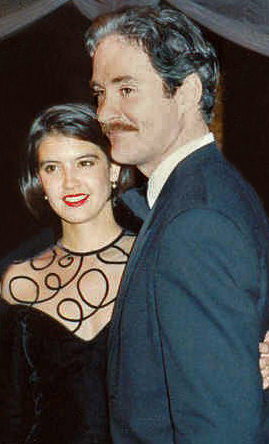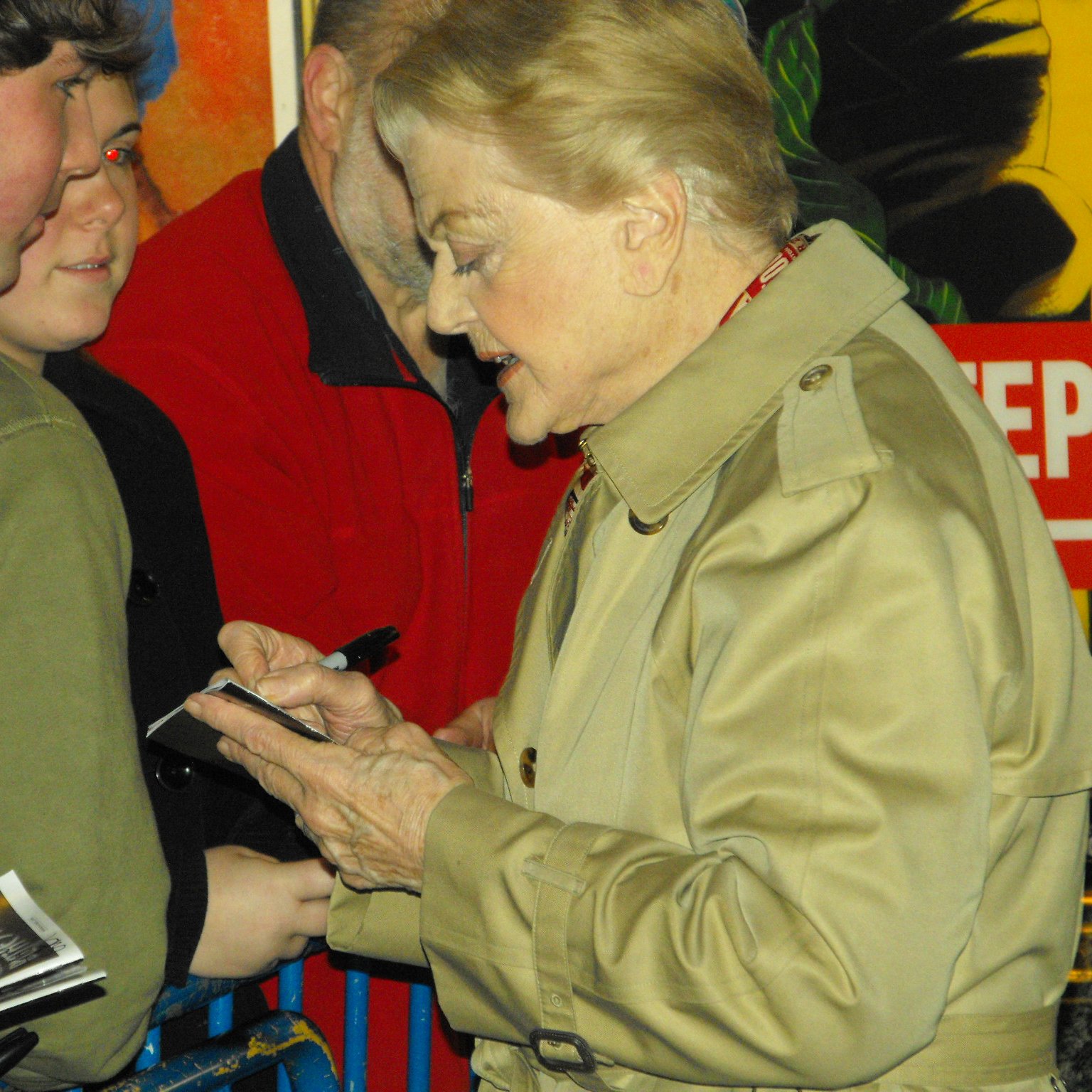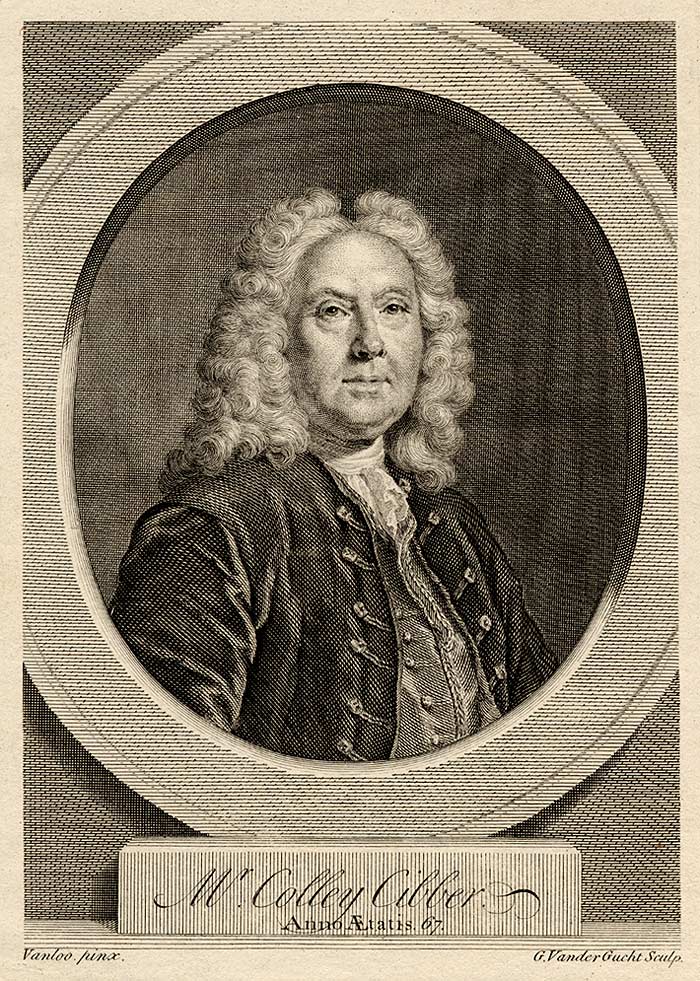|
Present Laughter
''Present Laughter'' is a comic play written by Noël Coward in 1939 but not produced until 1942 because the Second World War began while it was in rehearsal, and the British theatres closed. The title is drawn from a song in Shakespeare's ''Twelfth Night'' that urges ''carpe diem'' ("present mirth hath present laughter"). The play has been frequently revived in Britain, the US and beyond. The plot depicts a few days in the life of the successful and self-obsessed light comedy actor Garry Essendine as he prepares to travel for a touring commitment in Africa. Amid a series of events bordering on farce, Garry has to deal with women who want to seduce him, placate both his long-suffering secretary and his wife, cope with a crazed young playwright, and overcome his impending mid-life crisis (he has recently turned forty). The character is a caricature of the author's real-life persona, as Coward acknowledged. Coward starred as Garry during the original run, which began with a long ... [...More Info...] [...Related Items...] OR: [Wikipedia] [Google] [Baidu] |
Kevin Kline
Kevin Delaney Kline (born October 24, 1947) is an American actor. In a career spanning over five decades, he has become a prominent leading man across both Kevin Kline on screen and stage, stage and screen. List of awards and nominations received by Kevin Kline, His accolades include an Academy Awards, Academy Award and three Tony Awards, along with nominations for two British Academy Film Awards, two Primetime Emmy Awards, and five Golden Globe Awards. In 2003, he was inducted into the American Theatre Hall of Fame. Kline began his acting career on stage in 1972 with The Acting Company and gained prominence for his numerous performances with The Public Theatre and in Shakespeare in the Park (New York City), New York Shakespeare Festival. He has gone on to win three Tony Awards for his work on Broadway theatre, Broadway, including wins in Tony Award for Best Featured Actor in a Musical, Best Featured Actor in a Musical in ''On the Twentieth Century'' (1978), Tony Award for Bes ... [...More Info...] [...Related Items...] OR: [Wikipedia] [Google] [Baidu] |
Blithe Spirit (play)
''Blithe Spirit'' is a comic play by Noël Coward, described by the author as "an improbable farce in three acts". The play concerns the socialite and novelist Charles Condomine, who invites the eccentric medium and clairvoyant Madame Arcati to his house to conduct a séance, hoping to gather material for his next book. The scheme backfires when he is haunted by the ghost of his wilful and temperamental first wife, Elvira, after the séance. Elvira makes continual attempts to disrupt Charles's marriage to his second wife, Ruth, who cannot see or hear the ghost. The play was first seen in the West End in 1941 and ran for 1,997 performances, a new record for a non-musical play in London. It also did well on Broadway later that year, running for 657 performances. The play was adapted for the cinema in 1945; a second film version followed in 2020. Coward directed a musical adaptation, '' High Spirits'', seen on Broadway and in the West End in 1964. Radio and television presenta ... [...More Info...] [...Related Items...] OR: [Wikipedia] [Google] [Baidu] |
Gladys Calthrop
Gladys Edith Mabel Calthrop (''née'' Treeby; 29 March 1894 – 7 March 1980) was an artist and leading British stage designer. She is best known as the set and costume designer for many of Noël Coward's plays and musicals. Early life Gladys Edith Mabel Treeby was born in Ashton, Devon, the daughter of Mabel and Frederick Theophilus Treeby. She was educated at Grassendale School, Southbourne, West Sussex. Her parents sent her to a finishing school in Paris, and she returned married to Army captain Everard E. Calthrop, from Norfolk. The couple had a son, Hugo, whose care Calthrop entrusted mostly to her mother. He was later killed in the Burma Campaign. She was soon separated from her husband (she had lesbian relationships thereafter) and studied art at Slade School of Fine Art. Career Calthrop was introduced to Noël Coward by Mrs. Astley Cooper while on holiday in Italy in 1921.Hoare, Philip. ''Noël Coward, A Biography''. Sinclair-Stevenson, 1995. , pp. 85–86"Mrs Gladys Calt ... [...More Info...] [...Related Items...] OR: [Wikipedia] [Google] [Baidu] |
Blackpool
Blackpool is a seaside town in Lancashire, England. It is located on the Irish Sea coast of the Fylde peninsula, approximately north of Liverpool and west of Preston, Lancashire, Preston. It is the main settlement in the Borough of Blackpool, borough of the same name. Blackpool was originally a small hamlet; it began to grow in the mid-eighteenth century, when sea bathing for health purposes became fashionable. Blackpool's beach was suitable for this activity, and by 1781 several hotels had been built. The opening of a railway station in 1846 allowed more visitors to reach the resort, which continued to grow for the remainder of the nineteenth century. In 1876, the town became a borough. Blackpool's development was closely tied to the Lancashire cotton mill, cotton-mill practice of annual factory maintenance shutdowns, known as wakes weeks, when many workers chose to visit the seaside. The town saw large growth during the late Victorian and Edwardian periods. By 1951 its popu ... [...More Info...] [...Related Items...] OR: [Wikipedia] [Google] [Baidu] |
West End Theatre
West End theatre is mainstream professional theatre staged in the large theatres in and near the West End of London.Christopher Innes"West End"in ''The Cambridge Guide to Theatre'' (Cambridge: Cambridge University Press, 1998), pp. 1194–1195, Along with New York City's Broadway theatre, West End theatre represents the highest level of Theatre of the United Kingdom, commercial theatre in the English-speaking world. Seeing a West End show is a common tourist activity in London. Prominent screen actors, Cinema of the United Kingdom, British and World cinema, international alike, frequently appear on the London stage. There are approximately 40 theatres in the West End, with the Theatre Royal, Drury Lane, opened in May 1663, the oldest theatre in London. The Savoy Theatre—built as a showcase for the popular series of comic operas of Gilbert and Sullivan—was entirely lit by electricity in 1881. Society of London Theatre, The Society of London Theatre (SOLT) announced that 201 ... [...More Info...] [...Related Items...] OR: [Wikipedia] [Google] [Baidu] |
Haymarket Theatre
The Theatre Royal Haymarket (also known as Haymarket Theatre or the Little Theatre) is a West End theatre in Haymarket, London, Haymarket in the City of Westminster which dates back to 1720, making it the third-oldest London playhouse still in use. Samuel Foote acquired the lease in 1747, and in 1766 he gained a patent theatre, royal patent to play legitimate drama (meaning spoken drama, as opposed to opera, concerts or plays with music) in the summer months. The original building was a little further north in the same street. It has been at its current location since 1821, when it was redesigned by John Nash (architect), John Nash. It is a Grade I listed building, with a seating capacity of 888. The freehold of the theatre is owned by the Crown Estate. The Haymarket has been the site of a significant innovation in theatre. In 1873, it was the venue for the first scheduled matinée performance, establishing a custom soon followed in theatres everywhere. Its managers have includ ... [...More Info...] [...Related Items...] OR: [Wikipedia] [Google] [Baidu] |
Binkie Beaumont
Hugh "Binkie" Beaumont (27 March 1908 - 22 March 1973) was a British theatre manager and producer, sometimes referred to as the " éminence grise" of the West End theatre. Though he shunned the spotlight so that his name was not known widely among the general public, he was one of the most successful and influential manager-producers in the West End during the middle of the 20th century. Beaumont was brought up in Cardiff, where he joined the staff of a local theatre at the age of fifteen. From there he built a career in theatrical management. His company, H. M. Tennent, which he co-founded in 1936, was based at the old Globe Theatre (now the Gielgud Theatre) in Shaftesbury Avenue, London. His success was based on lavish productions, starry casts and plays calculated to appeal to a West End audience. Among those with whom he was closely associated were Noël Coward and John Gielgud. His successes included new plays, revivals of classics, and musicals. With the rise of state- ... [...More Info...] [...Related Items...] OR: [Wikipedia] [Google] [Baidu] |
Winston Churchill
Sir Winston Leonard Spencer Churchill (30 November 1874 – 24 January 1965) was a British statesman, military officer, and writer who was Prime Minister of the United Kingdom from 1940 to 1945 (Winston Churchill in the Second World War, during the Second World War) and again from 1951 to 1955. For some 62 of the years between 1900 and 1964, he was a Member of Parliament (United Kingdom), member of parliament (MP) and represented a total of five Constituencies of the Parliament of the United Kingdom, constituencies over that time. Ideologically an adherent to economic liberalism and imperialism, he was for most of his career a member of the Conservative Party (UK), Conservative Party, which he led from 1940 to 1955. He was a member of the Liberal Party (UK), Liberal Party from 1904 to 1924. Of mixed English and American parentage, Churchill was born in Oxfordshire into the wealthy, aristocratic Spencer family. He joined the British Army in 1895 and saw action in British R ... [...More Info...] [...Related Items...] OR: [Wikipedia] [Google] [Baidu] |
Romeo And Juliet
''The Tragedy of Romeo and Juliet'', often shortened to ''Romeo and Juliet'', is a Shakespearean tragedy, tragedy written by William Shakespeare about the romance between two young Italians from feuding families. It was among Shakespeare's most popular plays during his lifetime and, along with ''Hamlet'', is one of his most frequently performed. Today, the Title character, title characters are regarded as Archetype, archetypal young lovers. ''Romeo and Juliet'' belongs to a tradition of tragic Romance (love), romances stretching back to Ancient history, antiquity. The plot is based on an Italian tale written by Matteo Bandello, translated into verse as ''The Tragical History of Romeus and Juliet'' by Arthur Brooke (poet), Arthur Brooke in 1562, and retold in prose in ''Palace of Pleasure'' by William Painter (author), William Painter in 1567. Shakespeare borrowed heavily from both but expanded the plot by developing a number of supporting characters, in particular Mercutio a ... [...More Info...] [...Related Items...] OR: [Wikipedia] [Google] [Baidu] |
Richard II (play)
''The Life and Death of King Richard the Second'' (1595), also ''Richard II'', is a Shakespearean history play about the lifetime and reign of King Richard II of England (r. 1377–1399). As a dramatised period history of the English monarchy, ''Richard II'' chronicles the machinations of the Nobility, noblemen of the royal court who conspire, precipitate, and realise the downfall and death of the King of England. As the first work in the Henriad tetralogy of English history plays, the political narrative of ''Richard II'' is thematically followed throughout the stories of ''Henry IV, Part 1'', ''Henry IV, Part 2'', and ''Henry V (play), Henry V'', which also are histories of the reigns of his royal successors to the Throne of England. Although the First Folio (1623) classifies ''The Life and Death of Richard the Second'' as an English history play, the earlier Early texts of Shakespeare's works, Quarto edition (1597) classifies ''Richard II'' as a tragedy, under the title ''T ... [...More Info...] [...Related Items...] OR: [Wikipedia] [Google] [Baidu] |
O Mistress Mine
''O Mistress Mine'' is an Elizabethan song which appears in Shakespeare's play ''Twelfth Night''. It is sung by the character Feste, who is asked to sing a love song by Sir Andrew Aguecheek and Sir Toby Belch. The words of the song are addressed to the singer/poet's lover. The lyric is often assumed to be by Shakespeare, although he could have been referencing an existing song. The play's first documented performance was in 1602. There is an instrumental piece entitled ''O Mistress Mine'' by Shakespeare's contemporary Thomas Morley which appeared in 1599. There has been speculation that Morley was commissioned to provide music for the play. Whether or not this was the case, Shakespearean scholars think that Morley's publication predates the first performance of the play. There is also a set of variations on the tune by William Byrd, another contemporary of Shakespeare. This version is included in the Fitzwilliam Virginal Book, a manuscript which it is not possible to date exactly. ... [...More Info...] [...Related Items...] OR: [Wikipedia] [Google] [Baidu] |







